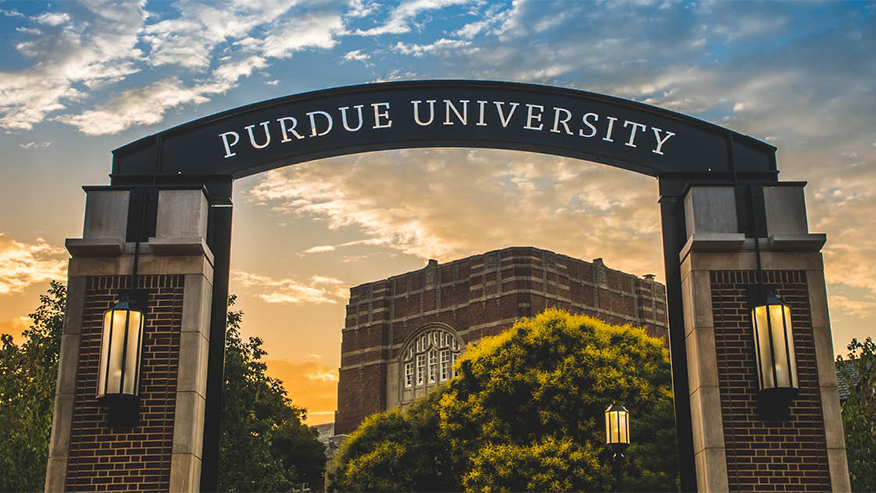
ISCL members perform research at the intersection of data science, applied mathematics, and high-performance computing to enhance the understanding of complex multifidelity and multiphysics phenomena in various applications. In other words - we create science-based AI algorithms for applications in mechanical and aerospace engineering, Earth systems modeling, nuclear fusion, and more. We also run a scientific machine learning seminar series with leading researchers in our area of study - check it out here!
An overview of our various research directions may be found in the following talks (starting oldest first): [1], [2], [3], [4], [5], [6], [7] . Further information about publications can be found on Google Scholar and our software contributions are available on Github. ISCL has access to multiple HPC resources such as Bebop/Swing/Polaris/Aurora/Sophia (at Argonne), Gilbreth/Anvil (Purdue), and Perlmutter (NERSC). ISCL eagerly welcomes possibilities for education, collaboration, and consulting! Feel free to reach out to us for any questions.
News
- Please to announce a couple of new projects funded by DARPA (for agentic control of diffusion models) and DOE NEUP (for Graph Neural Network surrogates for data assimilation in nuclear reactors, in collaboration with TAMU and Idaho National Laboratory).
- Announcing a new preprint from our group, led by Haiwen Guan and collaborative with Prof. Ashesh Chattopadhyay at UC Santa Cruz, on deterministic and probabilistic downscaling of coarse-grained AI Climate emulators. In this work, we show that diffusion-based (probabilistic) downscaling models lead to improved recovery of fine-scaled spatial structures and temporal trends.
- Pleased to announce a new preprint from ISCL related to the discovery of time-lagged causal graphs for dynamical systems using differentiable programming. Read more about this work led by ISCL Postdoc Sourajit Das here.
- Excited to welcome Dr. Yang Xu, from the University of Colorado Boulder as a new postdoctoral fellow in ISCL. Welcome! We also bid a fond farewell to ISCL postdoc Dr. James Henry who has accepted a position as Senior Propulsion Design Engineer at Astro Mechanica. Congrats James!
- Delighted to present an invited seminar at The University of Notre Dame in the Environmental Fluid Dynamics Seminar Series. Thank you to Professor Joe Fernando for the invitation!
- We welcome two new members to our group in January 2026. Dr. Melissa Adrian joins us through the prestigious Lillian Gilbreth Postdoctoral Fellowship and Kanad Sen joins us as a PhD student in the School of Mechanical Engineering. Welcome!
- Our paper on diffusion models for data and model fusion for atmospheric super-resolution is now accepted in IOP Machine Learning: Earth! A preprint can be found here. This is the one of the first demonstrations of using diffusion models to assimilate real-world data for generating reanalysis data.
- See other archived news here.
